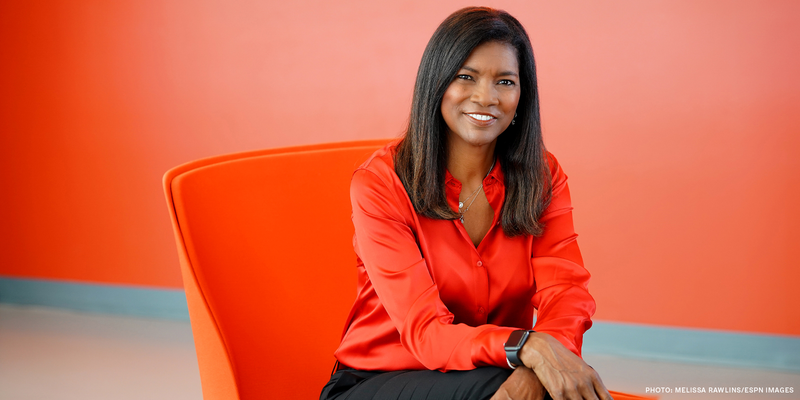CTDO Magazine Article
Member Benefit
Championing Diversity and Belonging
Tonya Harris Cornileus leads ESPN's efforts to attract, develop, and retain diverse talent at all levels.
RK
By
Thu Oct 15 2020

Loading...
Tonya Harris Cornileus leads ESPN’s efforts to attract, develop, and retain diverse talent at all levels.
